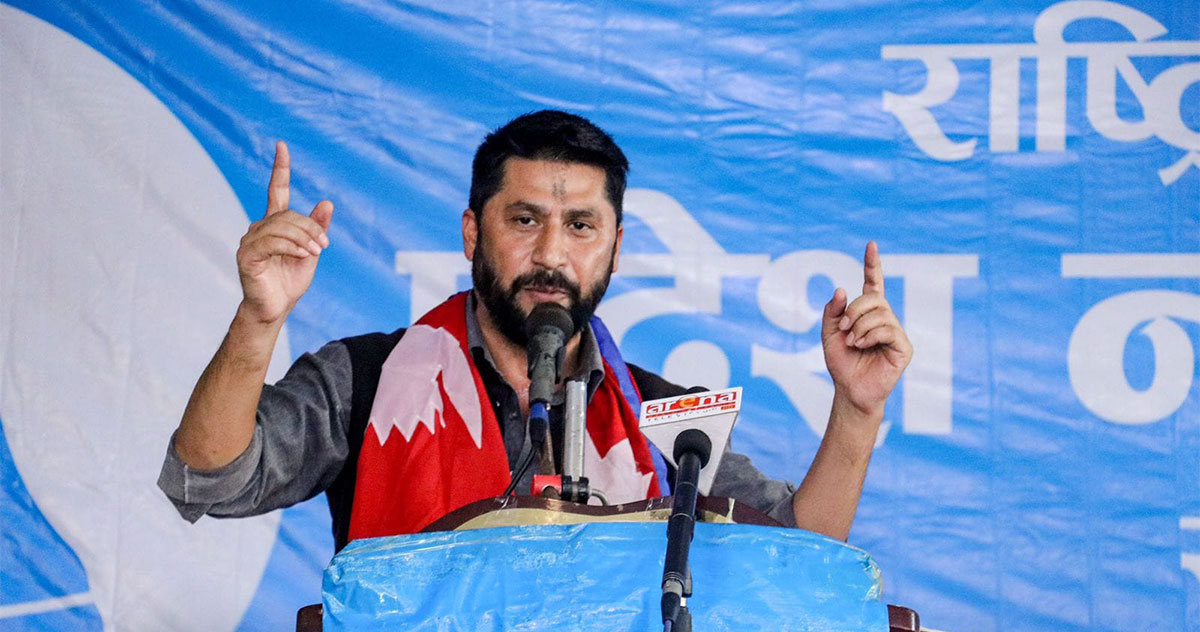USAID administrator Samantha Power arrives in Kathmandu
Samantha Power, administrator of the United States Agency for International Development (USAID), arrived in Kathmandu on Tuesday. During her stay in Nepal, she will pay courtesy calls on Prime Minister Pushpa Kamal Dahal and Foreign Minister Bimala Rai Paudyal. She will also hold talks with civil society leaders, community groups, students, businesses, and government officials. Administrator Power will underscore the United States’ enduring, more than 75-year partnership with the government and people of Nepal. She will highlight USAID’s commitment to increasing our engagement with Nepal and its new government. Administrator Power will announce new efforts to build momentum to strengthen democratic gains in federalism, social inclusion, civil society, and media freedom, according to a statement issued by USAID.
PM Dahal condoles loss of lives in Turkey earthquake
Prime Minister Pushpa Kamal Dahal has expressed deep grief over the death of dozens of people in the earthquake in Turkey. On behalf of the Nepal government and Nepali people, PM Dahal paid tribute to the departed ones and expressed condolences to the bereaved families, according to the PM's secretariat. The earthquake measuring 7.8 in Richter scale hit South-east Turkey bordering Syria at 4:17 am local time, according to international media.
Urmila Aryal elected unopposed as NA Vice-Chair
Urmila Aryal has been elected unopposed as the Vice-Chairperson of the National Assembly. National Assembly Chairperson Ganesh Timilsina informed the House that Aryal was elected unopposed as the Vice-Chairperson of National Assembly as no one challenged her candidacy. CPN (Maoist Center) leader Aryal was elected unopposed from the ruling coalition after the Nepali Congress did not field its candidate for the post. Maoist Center Vice-Chairman Naryankaji Shrestha proposed Aryal’s candidacy while CPN-UML leader Devendra Dahal and independent lawmaker Khimlal Devkota seconded his proposal. The post has been lying vacant since Shashi Kala Dahal retired on March 5 last year.
UML to hold Central Committee meeting on Feb 12
The CPN-UML has decided to hold its Central Committee meeting on February 12. The UML is holding the Central Committee meeting for the first time after the November 20 elections to the House of Representatives and Province Assembly. Central member and Deputy Chief of Central Publicity Department of the party Bishnu Rijal said that the Central Committee will review the election and discuss strengthening the party organization and contemporary political issues.



















